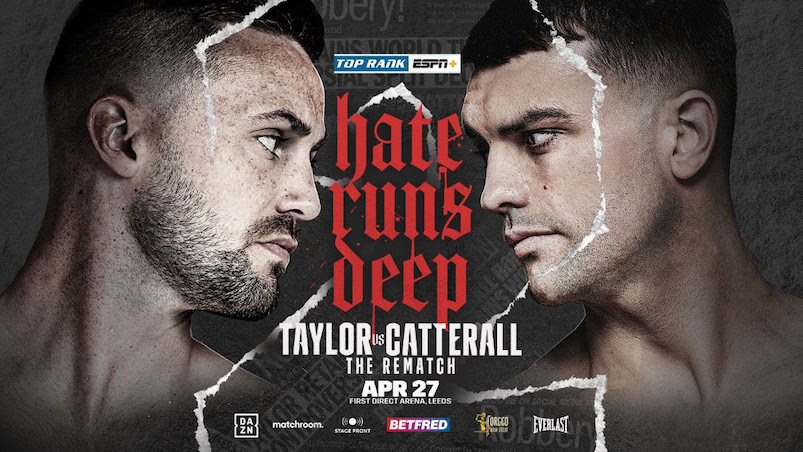This year’s Houston Rockets have accomplished so much. They led the NBA with 65 wins, which was also a franchise record. They have the likely MVP, and they brought him his best co-star since he arrived in Houston. They virtually tied with the Golden State Warriors for the best offense in the league, and sported the sixth-best defense, too. By the way, they beat those Warriors two of the three times in the regular season.
So why is it so hard to trust them to accomplish the same in the postseason?
Houston might have the higher seed, but they are still the clear underdogs headed into these Western Conference Finals against Golden State and especially after losing Game 1 at home. For example, only three of 22 ESPN analysts selected Houston to win this series. It’s hard to pick against the reigning champs who have come out of this conference three years running.
There’s a fear of trusting Houston, too, though. The Rockets are a great team that completed a sensational season, but there are legitimate concerns everyone must feel. We all want to think this series will be competitive, but there’s something holding many of us back from actually selecting Houston.
ust last year, when the Rockets fell to a Kawhi Leonard-less San Antonio Spurs team in the Western Conference Semifinals, James Harden scored just 10 points on 2-of-11 shooting in the closeout Game 6. Houston officially diagnosed his failures as exhaustion, and Harden did carry a massive load that season. Still, it was disappointing to see Houston’s best player fail so miserably in a must-have game, especially after he was also terrible at the end of Game 5.
Harden’s deepest postseason run came during his last year with the Oklahoma City Thunder, when they made the 2012 NBA Finals and lost to the Miami Heat. Harden had roasted the Spurs in the previous round, but managed just 12.5 points on 38 percent shooting against Miami.
Chris Paul has a signature playoff moment — a Game 7 series-winning shot — but a signature playoff lowlight, too. In the 2014 playoffs, he turned the ball over twice in the final 17 seconds against Oklahoma City, effectively sealing Los Angeles’ loss. In 2015, up 3-1 on the Houston Rockets, the Clippers lost again, keeping Paul from what would have been his first conference finals appearance. Paul didn’t play particularly poorly in that series, but it was inevitable that the blown lead would reflect on his shortcomings.
More often than not, basketball failures can be blamed on tangible reasons — like exhaustion or defensive schemes. Sometimes, it really just comes down to bad luck. Occasionally, the narrative-driven causes that so frequently get assigned to situations like this are correct, like a player or team lacking mental toughness.
I don’t think a couple bad playoff moments, while highly memorable, are enough to claim that Paul or Harden are playoff chokers. Come on now. But those moments linger in our collective heads and are enough to make us hesitate.
Especially for Harden, it would be nice to see him play his best, no questions asked.
Houston’s style of play might be vulnerable in the playoffs
All year, the Rockets have given the ball to their two stars and let them cook. During the regular season, more than 14 percent of their possessions were isolations, four percentage points more than anyone in the league.
Houston didn’t specifically adopt that brand of basketball this season — it’s just that they’re good at it, and other teams would rather them play that than run pick-and-rolls to death. Harden and Paul both made a living beating mismatched defenders in open space this year, and Harden in particular had perhaps the best isolation scoring season ever.
Will that hold in the postseason? Harden especially relied on the stepback three-pointer, and it’s hard to see him getting the same kind of space for that shot against Golden State’s defenders. (He can get that shot off without space, but he clearly shoots it better when really separating from his man.) Against the Utah Jazz last series, defenders overplayed Harden’s shooting hand, and he still settled for that shot. It felt like he couldn’t help himself from taking it at times, even if Utah’s defenders could hardly ever keep him in front of them when he tried to drive past.
There are other concerns. Can Houston prevent Golden State from scoring too much in transition, especially when three or four players are below the free-throw line thanks to their corner spot-up shooters? Will Houston’s switching defensive style work when Clint Capela has to size up Stephen Curry, or when Harden ends up on Kevin Durant?
Houston can win with its defense, and it can win without hitting dozens of threes, but to beat the Warriors, its offense must hum. Even with the regular-season success, it can be hard to trust isolation scoring when it matters most.



